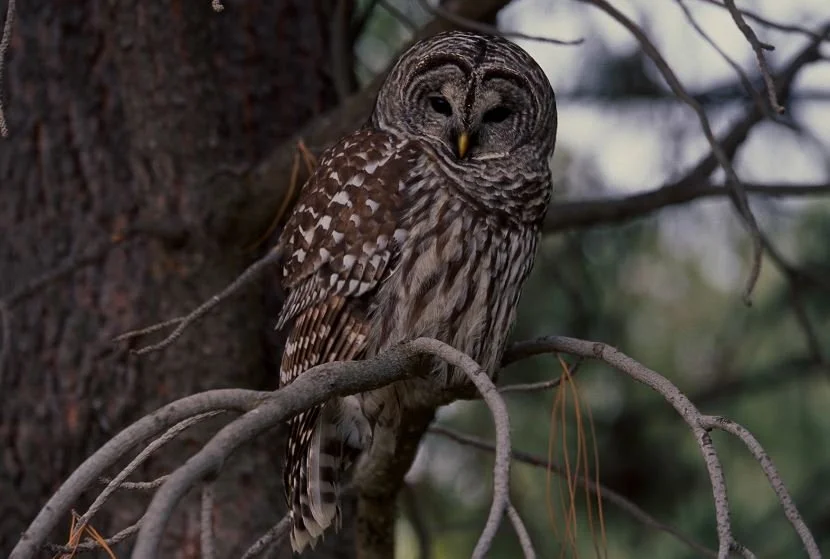Florida Man! Save Some Pie For Your Starving Manatees
The situation is going from bad to worse for Florida’s shrinking manatee population: the gentle aquatic mammals are dying by the hundreds, mostly from starvation. A coalition of conservation groups are now petitioning the U.S. Fish and Wildlife Service to list the manatee as an endangered species, as it once was, with the hope of improving the creature’s habitat.
In 2017 the USFWS changed the West Indian manatee’s (Trichechus manatus) designation from “endangered” to “threatened,” a downlist made too soon, according to the Florida-based Center for Biological Diversity, one of the petitioners.
“Since the Service prematurely reduced protections in 2017, the species has declined dramatically,” the Center writes on its website. “Pollution-fueled algae blooms sparked an ongoing mortality event that killed more than 1,110 Florida manatees in 2021 alone. This represents 19% of the Atlantic population and 13% of all manatees in Florida.”
The Center notes that 2022 has been no better. Another 726 manatees died through October with the expectation for more death through winter. The manatee is up against habitat loss – especially of seagrass – boat strikes, pollution, climate change, and toxic algae blooms. Relisting the animal as endangered won’t solve all these problems, but it will at least bring more federal scrutiny to development projects and other issues that harm manatees.
Also called the sea cow – adults are typically about ten feet long weighing a half-ton – manatees are strong swimmers that can hit top speeds of 15 miles per hour in short bursts. But, since they rest up to 12 hours a day, suspended near the water's surface or lying on the bottom, they are not known for energetic bursts.
Just as slow-moving as the manatee is the bureaucracy that would save them from extinction. The USFWS now has 90 days to decide if action is warranted, and then to conduct a thorough review within 12 months of receiving the petition. That’s shameful. The plodding process is utterly inadequate to address the urgency of a species starving to death.
How much more evidence do they need to see that immediate action is necessary?
Photo credit: USFWS







